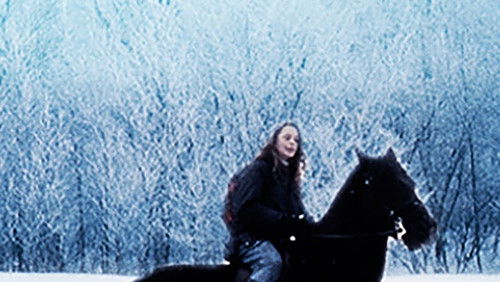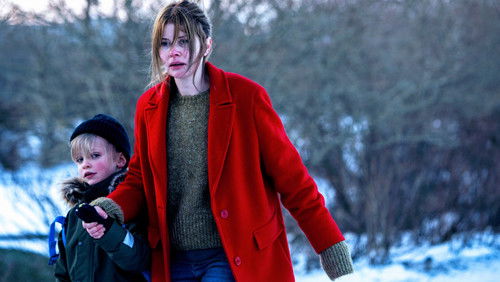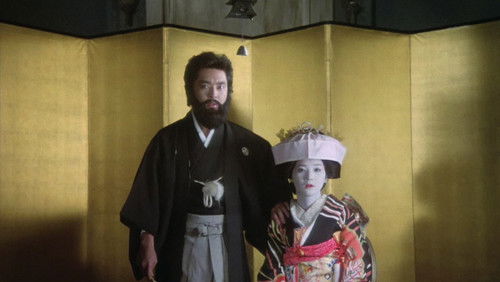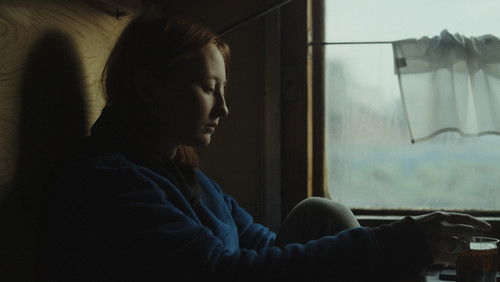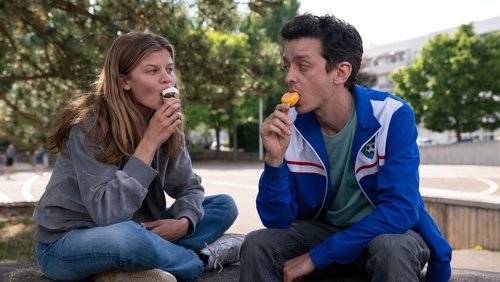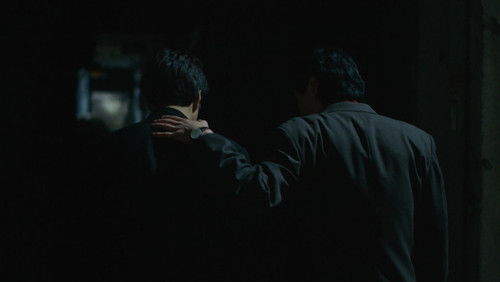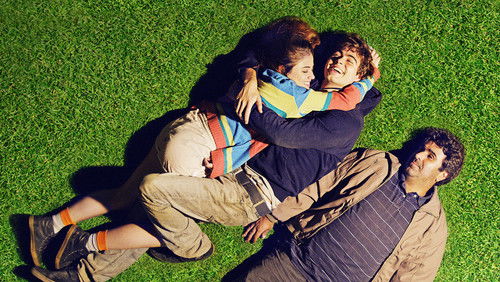Shissô (2005)
38KShissô: Directed by SABU. With Yûya Tegoshi, Hanae Kan, Miki Nakatani, Etsushi Toyokawa. Shuji and his older brother Shuichi live in a sad resort town that has a virtual wall in its middle. Looking to rise him above his surroundings Shuji meets and interacts with a priest with a past, a pretty hostess, a troubled girl, a thug and more. Looking for the girl who has moved with his family to Tokyo the boy meets trouble and is sinking quickly.
“Essentially the movie tells of the story of the central character, Shuji (Yuga Tegoshi), and his ultimate downfall from grace. However, with the way the narrative is set up, youu0026#39;ll most likely be bewildered as to how the movie is going to develop and which direction itu0026#39;s going to take. Itu0026#39;s quite messy with its many ideas thrown in at multiple points, each may or may not providing the resolution youu0026#39;re seeking. u003cbr/u003eu003cbr/u003eIn fact, it has so many ideas (since itu0026#39;s adapted from a novel), that itu0026#39;s almost like watching an incident laden life of a young boy growing up into a teenager, examining and observing his interactions with unexpected members of society, ranging from small town gangsters, to big town Yakuzas, from gangster molls to his own female peer in Eri (Hanae Kan), who shares the same passion for running as Shuji does.u003cbr/u003eu003cbr/u003eThere are quite a number of characters introduced to facilitate this, and more often than not, you only get to know of their background in a rather slow revelation. The movie takes its time to develop the characters and their backgrounds – so donu0026#39;t be expecting the conventional approach. Itu0026#39;s a pity though, that some characters become throwaway ones, even after significant screen time had been dedicated featuring them. Of importance is the character of a priest, Father Yuichi (Etsushi Toyokawa), which had a rather rich background story developed and set up as the u0026quot;Boo Radleyu0026quot; of the movie. Given the screen time devoted, I was rather puzzled when it turned out that he too became a disappearing act in the middle portion, before returning for a bit part in the finale. u003cbr/u003eu003cbr/u003eLike most of the other movies shown during the festival, this one also had a segment of its setting in a classroom, and has its fair share of featuring children in lead roles, albeit up to the one-third mark where the more adult actors took over. And lead actor Yuga Tegoshi did an excellent job in his Shuji – a confused boy, utterly moulded by the environment around him, his loneliness stemmed from a disappearing family, and his quest to seek companionship bringing him to Osaka and Tokyo.u003cbr/u003eu003cbr/u003eWhat finally redeemed the movie was its last third, where it got its act back together, and realized its direction towards its final push to end the movie. Itu0026#39;s a full circle tale after all, with a message never to judge a book by its cover, or to judge a character based on hearsay. And what finally hit you, assisting you in sitting through the convoluted storyline, is the excellent piano musical score done by SENS. u003cbr/u003eu003cbr/u003ep.s. at one point in time the projection seemed to have tilted downwards, cutting off the bottom half where the subtitles are. Thankfully there was just one (inconsequential) line of dialogue uttered, and was fixed before anything major happened in the story.u003cbr/u003eu003cbr/u003ep.p.s. I thought at one point it had a scene somewhat similar to Sepet, with the handphone bit!”
